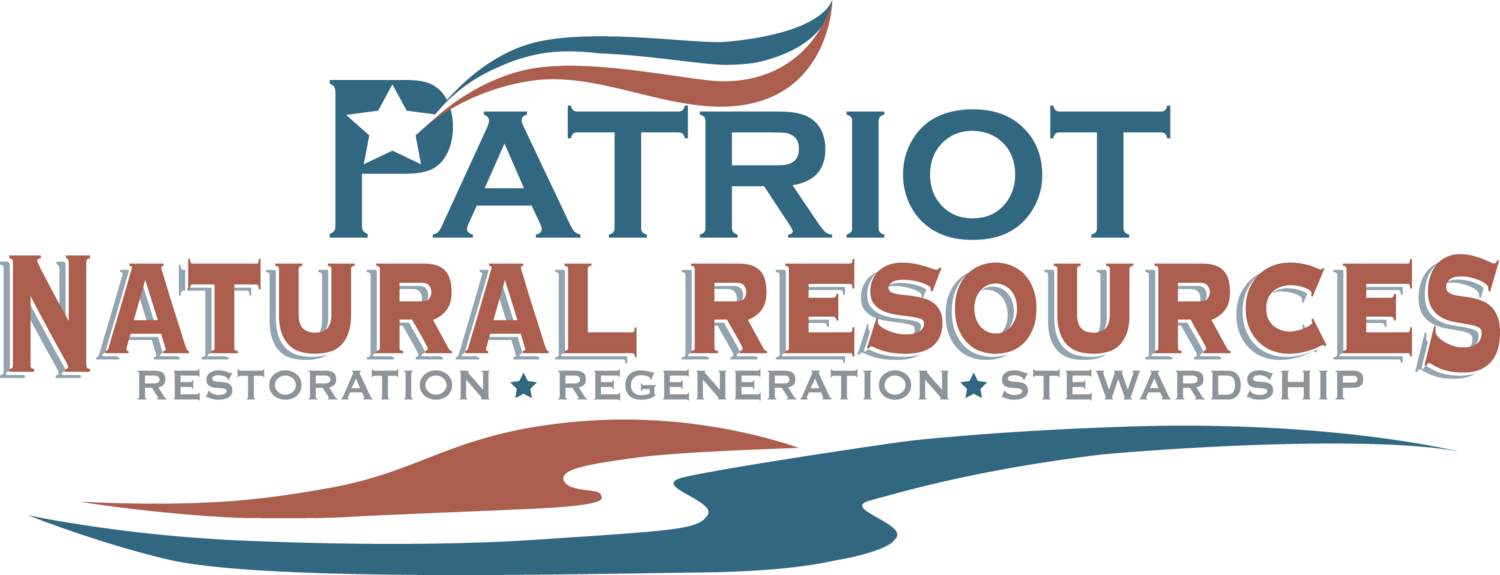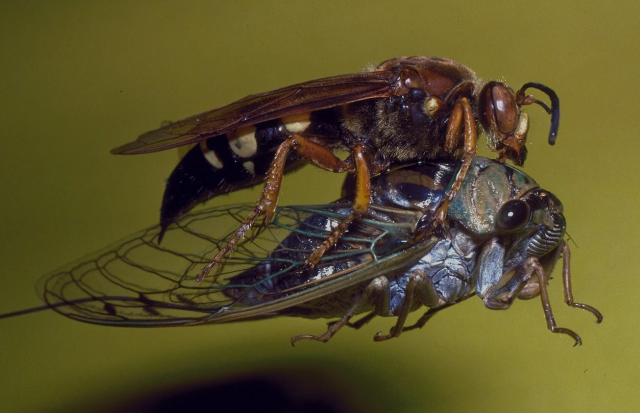Predatory Insects: Nature’s Pest Control for Your Property
The Role of Predatory Insects in Land Management
Not all insects are bad news for property owners. In fact, some are essential allies in maintaining healthy, thriving ecosystems. Predatory insects—those that hunt and feed on pest species—offer a natural, sustainable solution to controlling harmful populations, reducing the need for chemical pesticides.
For property owners in Maryland and the Chesapeake Bay Watershed, attracting and supporting predatory insects is a smart way to enhance your land’s ecological balance while protecting your crops, gardens, and natural habitats.
What Are Predatory Insects?
Predatory insects are species that actively hunt and consume other insects or arthropods. They play a key role in regulating pest populations, which, left unchecked, can damage crops, gardens, and native vegetation.
Unlike parasitic insects, which rely on a host to complete their life cycle, predators kill their prey outright, often feeding on large numbers of pests over their lifetime.
Key Predatory Insects in Maryland
1. Lady Beetles (Ladybugs):
These popular garden allies feed on aphids, mealybugs, and other soft-bodied pests. A single lady beetle can consume up to 50 aphids in a day.
2. Praying Mantises:
Praying mantises are generalist predators that eat a wide variety of pests, including grasshoppers, beetles, and caterpillars. Their patience and precision make them effective hunters.
3. Green Lacewing Larvae:
Often called “aphid lions,” lacewing larvae are voracious eaters of aphids, mites, and other small pests, making them a favorite in pest management strategies.
4. Ground Beetles:
These nocturnal hunters feed on soil-dwelling pests like slugs, cutworms, and root maggots, helping to protect crops and gardens.
5. Spined Soldier Bugs:
A type of stink bug, these insects feed on caterpillars, beetle larvae, and other pests that threaten crops and vegetation.
6. Dragonflies and Damselflies:
Often seen darting around ponds and wetlands, these agile predators consume mosquitoes, flies, and other flying pests.
The Benefits of Predatory Insects
1. Natural Pest Control:
Predatory insects help keep pest populations in check without the need for chemical pesticides.
2. Improved Ecosystem Health:
By balancing insect populations, predators prevent outbreaks that can harm plants and disrupt ecosystems.
3. Cost Savings:
Reducing reliance on pesticides saves money and minimizes labor costs associated with pest control.
4. Environmental Protection:
Predatory insects contribute to a healthier environment by reducing the chemical runoff that can harm waterways like those in the Chesapeake Bay Watershed.
5. Biodiversity Support:
Encouraging predatory insects enhances the overall biodiversity of your property, creating a more balanced and resilient ecosystem.
How to Attract Predatory Insects to Your Property
1. Plant Native Vegetation:
Native plants provide food, shelter, and breeding sites for predatory insects. Incorporate flowering plants that attract adults, such as goldenrod, milkweed, and yarrow.
2. Create Diverse Habitats:
Include a variety of habitats like wooded areas, hedgerows, and meadows to support different species.
3. Limit Pesticide Use:
Chemical pesticides can harm beneficial insects. Opt for integrated pest management (IPM) strategies that target pests without affecting predators.
4. Provide Overwintering Sites:
Leave leaf litter, brush piles, and logs undisturbed to give insects a place to shelter during the winter.
5. Add Water Features:
Ponds or small water sources can attract dragonflies and other water-associated predators.
6. Introduce Predatory Insects:
For immediate pest control, consider introducing commercially available predatory insects like lady beetles or lacewings to your property.
How Patriot Natural Resources Can Help
At Patriot Natural Resources, we understand the importance of predatory insects in sustainable land management. Our team offers:
• Habitat assessments to identify areas where predators can thrive.
• Planting plans featuring native vegetation that attracts and supports predatory insects.
• Integrated pest management strategies to balance insect populations naturally.
• Long-term property management plans to maintain healthy, predator-friendly ecosystems.
With our expertise, you can enhance your property’s ecological balance while protecting its value and usability.
A Natural Solution for Pest Control
Predatory insects are a powerful ally in maintaining the health and productivity of your land. By creating habitats that encourage these beneficial species, you can reduce pest problems, protect your property, and contribute to a healthier environment.
Contact Patriot Natural Resources today to learn how we can help you harness the power of predatory insects for your property.

